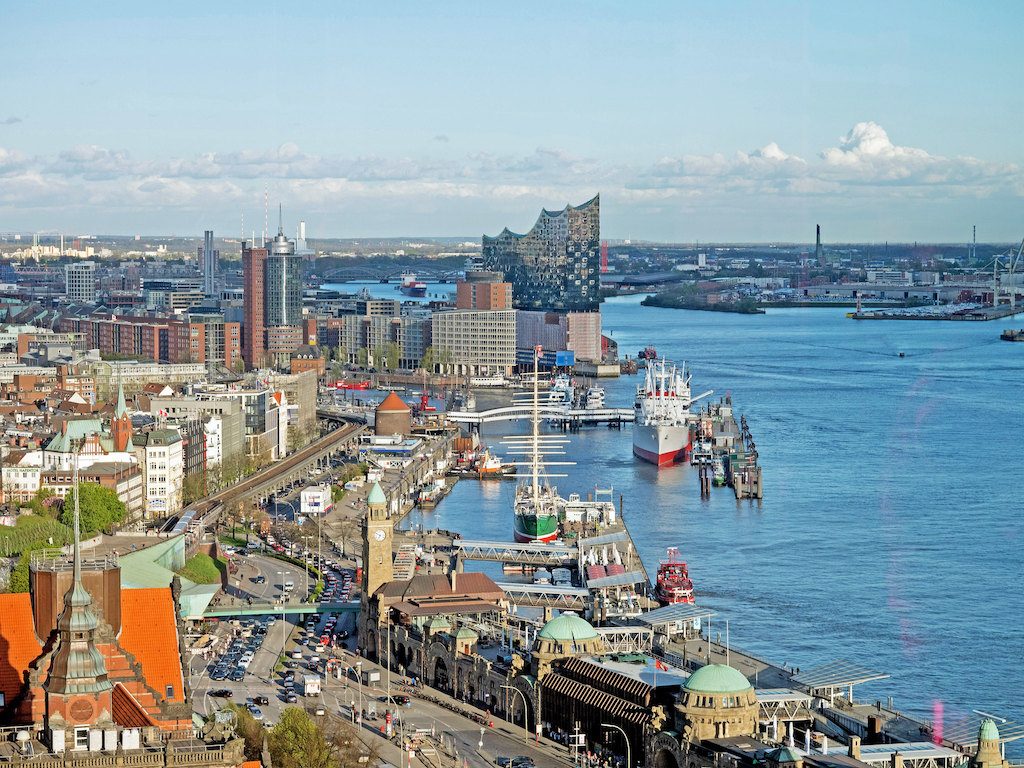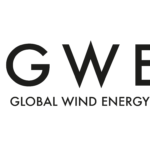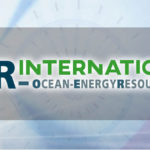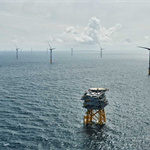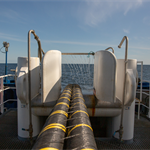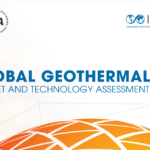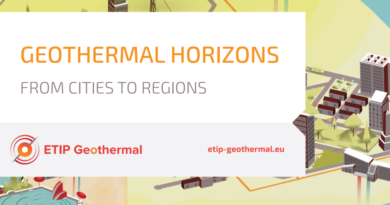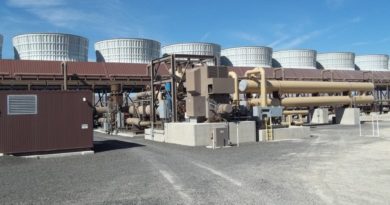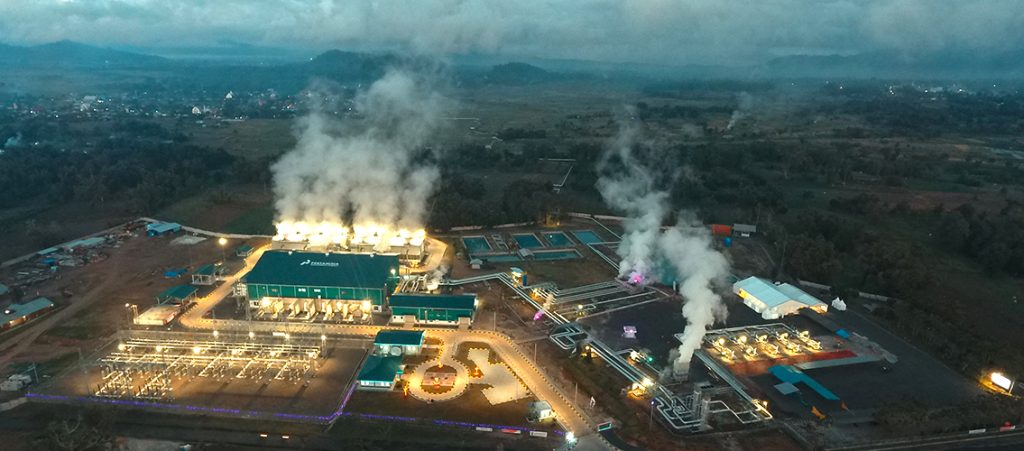North German researchers publish position paper on heat transition
Energy Disrupter
Researchers from North Germany have published a position paper that calls for a climate-neutral supply of heat with action points that will accelerate development towards this goal.
The “Heat” working group of the North Germany energy research associations comprised of researchers from Bremen, Hamburg, Mecklenburg-Western Pomerania, Lower Saxony, and Schleswig-Holstein have published a position paper calling for a climate-neutral, socially acceptable, and stable supply of heat. The position paper (in German) can be accessed via this link.
According to estimates by the working group, around 15 to 25 percent of northern Germany’s heat supply could be converted accordingly over the next two to four years. This is partly because the technology for a climate-neutral heat supply already exists in the form of regenerative heat sources like geothermal, seasonal heat storage, heat pumps, and modern heat networks.
Heat networks, where decentralized heat can be fed in and out, are already in practice in Denmark and the Netherlands. These heat supply systems are also suitable for existing buildings and will allow for a switch to hybrid heat supply systems. This can result in a reduction in fossil fuel demand for district heat by a factor of about 10 which can lead to a reduction in the problem of energy supply. From a technical standpoint, there is no reason that an expansion of such heat supply systems has hardly been implemented to date.
To accelerate the expansion of heating networks in dense developments and rural areas of cities, the “Heat” working group of the Northern German states proposes the following urgent action points:
- Significant acceleration of planning and approval procedures for heat networks based on renewable heat sources and seasonal heat storage to less than 2 years.
- Development and implementation of a cross-border strategy for the expansion of production capacities in northern Germany and suitable instruments for the ramp-up of corresponding grid-connected heat supply concepts and fully renewable single-object heat supplies.
- Support for financing and operating models including risk hedging of plant operation in the first years of operations for heat service providers.
- Establishment of a North German research and development network to strengthen the innovation potential in these future markets.
- Interstate education and training initiative to secure and expand personnel capacities, interdisciplinary expertise, and social acceptance.
The working group estimates that, with sufficient political and regulatory support, about 15% to 25% of Northern Germany’s heat supply can be converted to a climate-neutral, sustainable, and socially acceptable central heat supply system in the next 2 to 4 years. The initial investment costs of around EUR 25 billion may seem high, but this will pay for itself within a few years considering the rising cost of natural gas.
The working group also proposes funding of EUR 3 to 5 million per year per federal state for the next 5 years to support a North Germany research alliance.
S0urce: Hochschule Bremen


